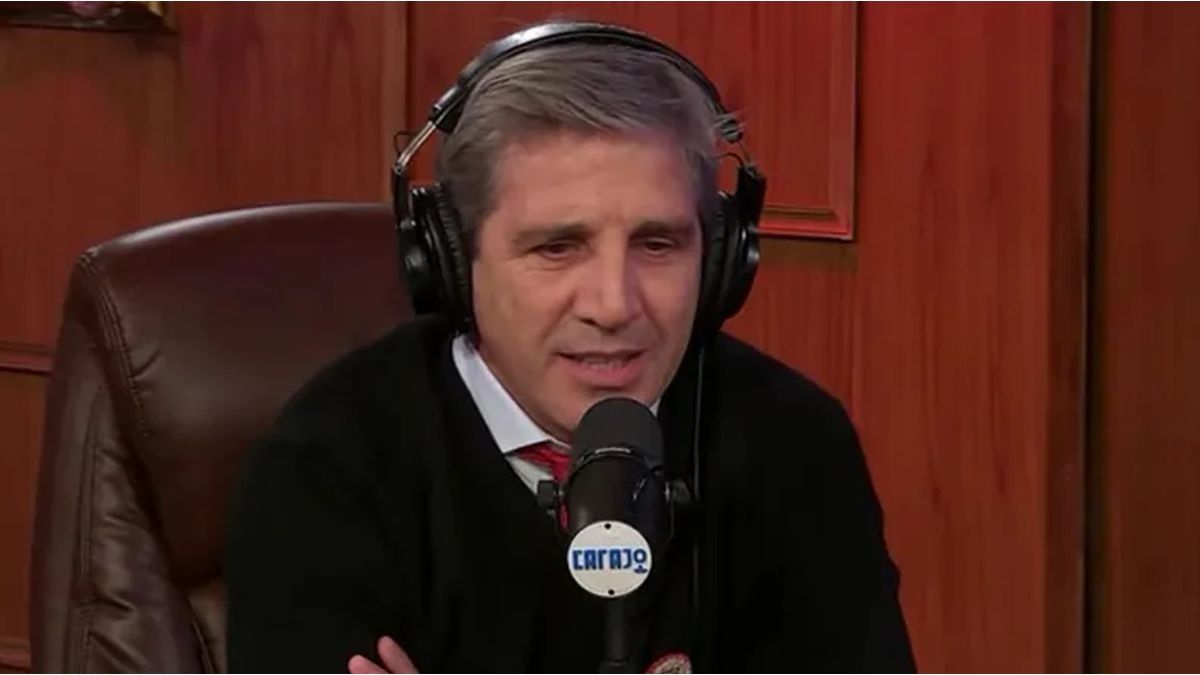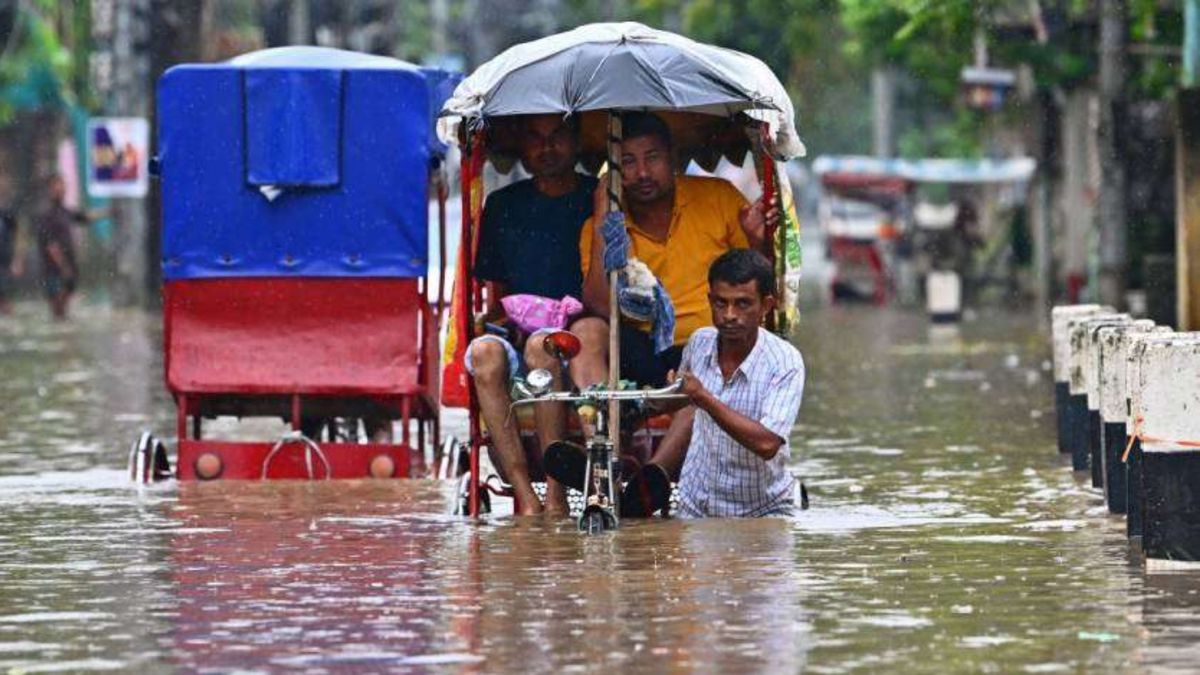The EU wants to take another step towards its farmers at the expense of Ukraine. Because of Russia’s war of aggression, the EU suspended tariffs on Ukrainian imports, and now some are set to come back.
The EU wants to reintroduce tariffs on large quantities of certain foods from Ukraine to support European farmers. Negotiators from the EU states and the European Parliament agreed on this early on Wednesday morning in Brussels. Specifically, this involves eggs, poultry and sugar as well as corn, oats, groats and honey, as both institutions announced. In the future, there will be a certain quota for these goods that can be sold duty-free into the EU. When this amount is reached, tariffs will be due again. The quotas depend on the average import of goods in 2022 and 2023.
According to the provisional agreement, the rules should apply until June 2025 and still have to be formally confirmed by the EU states and Parliament. Shortly after the start of the Russian war of aggression, it was decided to grant Ukraine duty-free access to the EU market. The measures were each valid for one year. According to EU Trade Commissioner Valdis Dombrovskis, the EU has never before taken such trade facilitation measures.
No hard limit for wheat
No tariffs will initially apply to the import of wheat, although measures can be taken under certain conditions. For the general secretary of the German Farmers’ Association, Bernhard Krüsken, this is incomprehensible. Wheat should also have been included more, said the farmer’s representative.
Ukraine is an important global producer of wheat; people in poorer countries in particular rely on cheap grain from the Eastern European country. Because of the Russian attack on the EU’s neighboring country, wheat could temporarily not be transported out of the country via the sea route, which is important for trade. The prices for wheat had risen significantly at times.
By suspending tariffs, the EU wanted to strengthen the economy of the attacked country. According to the chairman of the EU Parliament’s trade committee, Bernd Lange, Ukraine will be exempted from around 2.1 billion euros in customs duties per year; now it could be around 500 million less. Parliament would still guarantee Ukraine comprehensive duty-free access for another year.
“This is a good result of solidarity and economic support for Ukraine,” said the SPD politician. It also takes into account protection against faults in some regions. The trade policy spokesman for the Left in the European Parliament, Helmut Scholz, also welcomed the result and spoke of a successful balancing act. Christian Democrat MP Sandra Kalniete emphasized that Russia’s attacks on Ukraine and its food production also had an impact on EU farmers. “Parliament heard their concerns and supported protective measures,” said the Latvian.
Farmers in the east of the EU on the barricades
With the planned reintroduction of trade restrictions for certain agricultural goods from Ukraine above a certain quantity, the EU is once again reaching out to farmers. After violent protests by farmers, the EU Commission had already temporarily made less stringent environmental regulations possible.
In the course of the ongoing farmers’ protests in the EU, farmers from Poland in particular had called for changes to Ukrainian-European trade policy. Polish farmers have been criticizing the import of cheaper agricultural products from Ukraine for months. For example, they want to prevent cheaper Ukrainian grain from reaching the domestic market.
Farmers from four other eastern EU countries faced disproportionate competition from increased imports of goods from Ukraine. Recently, however, pressure from France has also increased. Grain producers have been weakened by a fall in prices and skyrocketing costs and have been suffering for months from significant market distortions caused by the influx of Ukrainian grain into the EU, the French agricultural associations AGPB and AGPM said in mid-February.
The pressure from the farmers on the street seems to be having a further effect. In September, Trade Commissioner Dombrovskis said with regard to eastern EU states: “We are currently not seeing any market distortions in these five member states.” Hungary, Poland, Slovakia, Romania and Bulgaria had temporarily independently restricted imports of certain agricultural products. The EU Commission is actually responsible for EU trade policy. As a rule, EU states are not allowed to ban certain imports independently.
So far there has been no major criticism from Germany of the trade facilitation for Ukraine. State Minister Anna Lührmann (Greens) said on Tuesday morning in Brussels that the federal government was committed to ensuring that Ukraine could continue to export agricultural products.
Source: Stern




